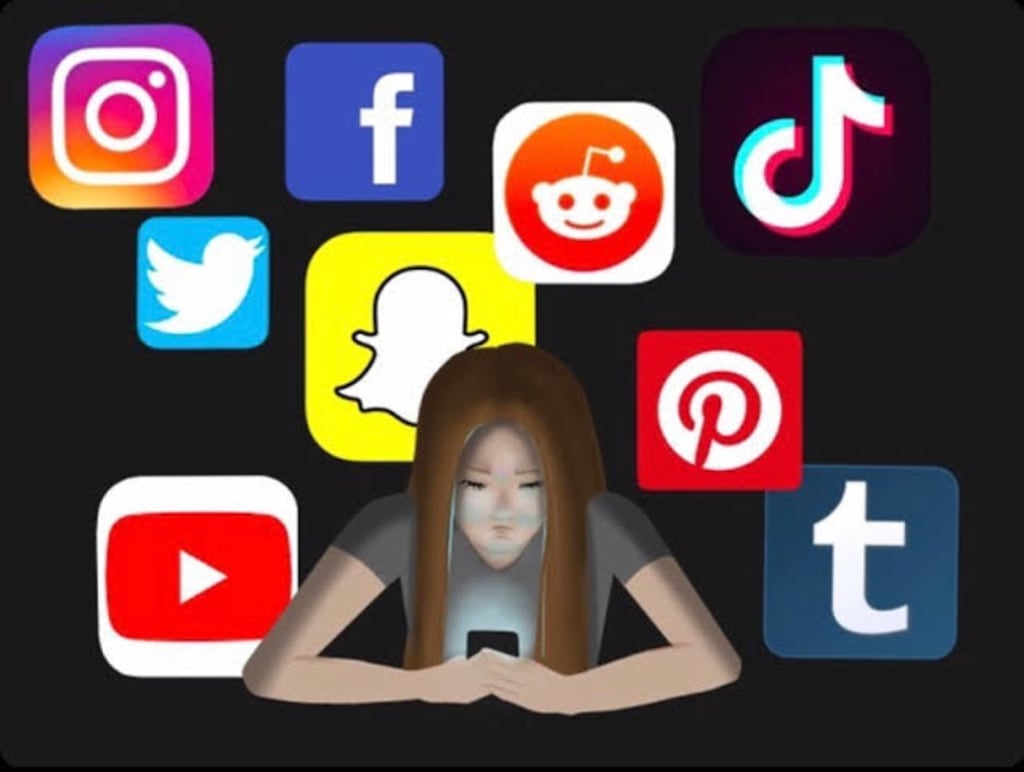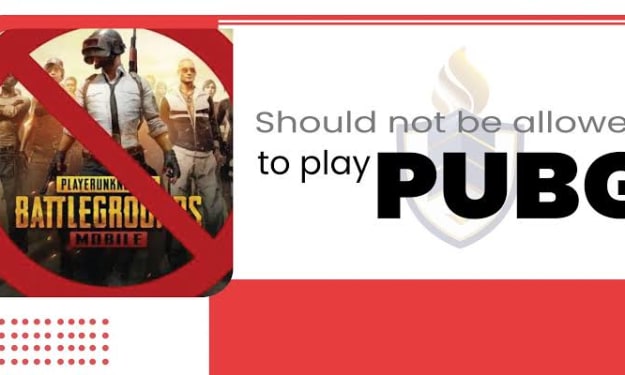The impact of social media on mental health
Social media

Social media has undoubtedly become a prominent part of modern society, with billions of people using various platforms such as Facebook, Twitter, Instagram, and TikTok to connect with friends, family, and the world at large. However, with the increasing use of social media, there has been growing concern over its impact on mental health. This article aims to explore the various ways in which social media can affect mental health and provide insights on how to mitigate the potential negative impacts.
One of the most significant impacts of social media on mental health is the negative effect it can have on self-esteem. Platforms such as Instagram, which are primarily based on sharing images and videos, can create unrealistic expectations and standards for beauty, success, and happiness. Many users feel the need to present a perfect image of themselves, which can lead to feelings of inadequacy, anxiety, and depression.
In addition to self-esteem, social media can also negatively impact sleep patterns. Studies have shown that the use of social media before bed can lead to disturbed sleep, which can, in turn, lead to issues such as fatigue, decreased productivity, and increased irritability. This is due to the blue light emitted from screens that can disrupt the body's natural sleep cycle.
Social media can also contribute to feelings of loneliness and isolation, especially when users compare their lives to others. Seeing others' perfect images and experiences can make users feel left out or excluded, and this can be particularly problematic for individuals who struggle with social anxiety or depression. Research has also shown that excessive social media use can lead to a lack of in-person social interaction, further exacerbating feelings of loneliness and isolation.
In addition to these direct impacts, social media can also indirectly impact mental health by providing a platform for cyberbullying. Social media makes it easy for individuals to post harmful comments, messages, or images anonymously or under false identities. This can have severe consequences for victims of cyberbullying, such as depression, anxiety, and even suicidal ideation.
However, it is essential to recognize that social media can also have some positive impacts on mental health. For example, it can provide a platform for people to connect with others who share similar interests or struggles. It can also be a source of education, support, and inspiration for individuals seeking to improve their mental health.
To mitigate the negative impacts of social media on mental health, it is essential to adopt healthy social media habits. Firstly, it is important to limit the amount of time spent on social media. This can be achieved by setting a daily or weekly time limit, removing social media apps from mobile devices, or even taking a break from social media altogether.
It is also important to be mindful of the content consumed on social media. Users can create curated feeds that promote positivity and mental well-being by following accounts that provide inspiring or educational content. Conversely, they can unfollow or block accounts that contribute to negative feelings or experiences.
Lastly, it is crucial to maintain a healthy balance between online and in-person social interactions. While social media can provide an outlet for social interaction, it should not be a substitute for real-life relationships. Users can benefit from regularly scheduling in-person social events or finding groups that share similar interests to increase their opportunities for social interaction.
In conclusion, social media has both positive and negative impacts on mental health. While it can be a source of support and inspiration, it can also contribute to feelings of inadequacy, loneliness, and anxiety. To mitigate these negative impacts, it is crucial to adopt healthy social media habits that promote positivity, limit screen time, and maintain a healthy balance between online and in-person social interactions. By doing so, individuals can utilize social media in a way that is beneficial for their mental health and overall well-being.





Comments
There are no comments for this story
Be the first to respond and start the conversation.